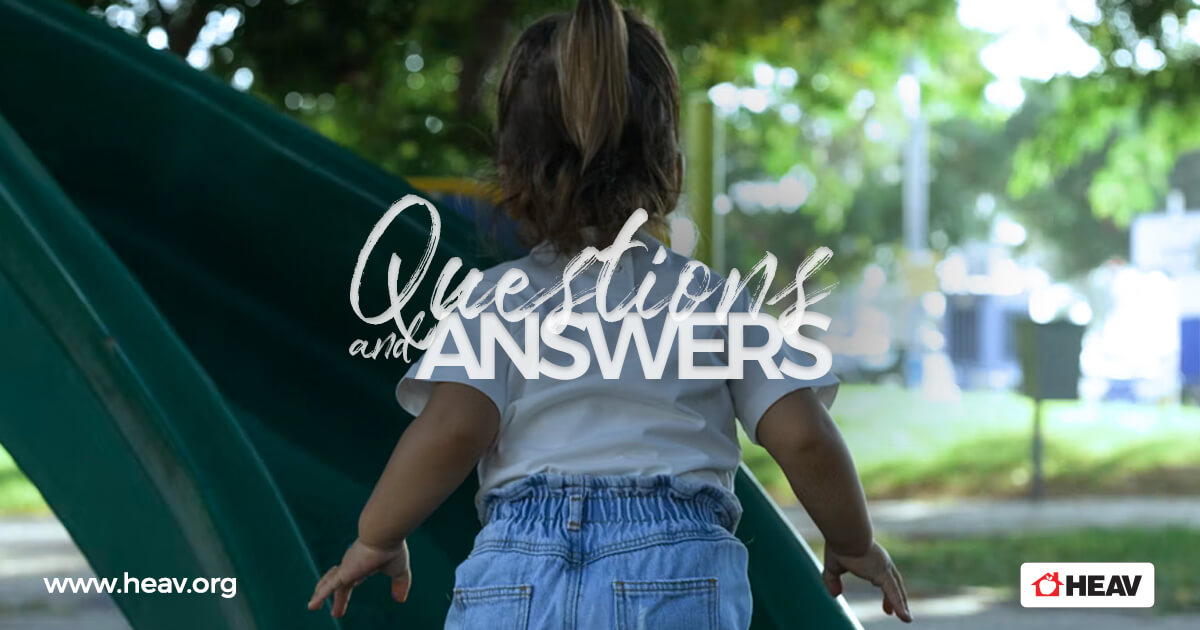Return to Public School
Q. I’ve just started homeschooling and I may send my teen back to high school next year. I am looking for an accredited curriculum. What do you suggest?
A. The meaning of “accreditation” is often misunderstood.
Curricula cannot be accredited. Only an institution (public school, charter school, private school, or college) or a complete program of study can be accredited. Accreditation is provided by an organization or agency that sets the standards. If their standards are met, accreditation is granted under their authority.
A curriculum is a course of study that includes a variety of learning resources like books, workbooks, classes, special programs, experiences, etc. Parents of homeschoolers choose the course of study that best suits their student’s needs and learning styles. A curriculum cannot be accredited because it is not an institution or a complete program of study. It refers to the tools a parent chooses to use for instruction.
It’s easy to understand how a school or college can be accredited. But what about a complete program of study? A program of study would include complete instruction, such as a nursing program, an engineering program, a liberal arts program, etc.
There are complete, accredited online programs of study for home instruction. Liberty Online, Calvert, Keystone National High School, and Acellus are a few examples. These are created, overseen, and administered by an outside company that has met the accrediting standards.
Accreditation is not critical to homeschooling success in terms of the quality of your child’s education and his or her graduation. Parents plan the high school course of study, implement the curriculum they choose, and then issue a parent-signed diploma when the course of study is complete. Homeschool graduates have no difficulty getting into college, the military, or the job market when they have a homeschool transcript, good ACT or SAT scores, and a parent-signed diploma. Home instruction is recognized and accepted as a quality, alternative form of education.
However, if you plan to teach your high school student at home for a limited time and then re-enroll him or her in a government school, there may be some difficulties. Government schools are not required to accept or transfer homeschool credits leading to a public school diploma. In fact, it is not likely they will accept credits from a teacher that is not certified. This means the student may be required to repeat courses completed during home instruction or take and pass SOL tests for grade placement.
If you still decide to return to a government school, some accredited private schools that offer correspondence courses may be more acceptable to government schools for transfer purposes; however, there is no guarantee. You may want to look at the Virginia Council for Private Education website. If you plan to re-enroll your teen, it may be good to have a discussion with the guidance counselor to make sure credits for the curriculum you choose will be accepted—preferably before you invest in the curriculum.
The teen years can be very challenging in many ways. I encourage you to consider continuing to homeschool during the high school years. You can gear the curriculum to your teen’s interests and strengths. Co-ops offer classes for some of the more difficult subjects, and some offer sports and social activities. You’ll find many academic and social benefits when homeschooling during high school see HEAV.
HEAV has a high school section that may be helpful. You can also call one of our counselors who will be glad to help you develop a high school plan specifically for your teen. You can reach us at 804-278-9200.









